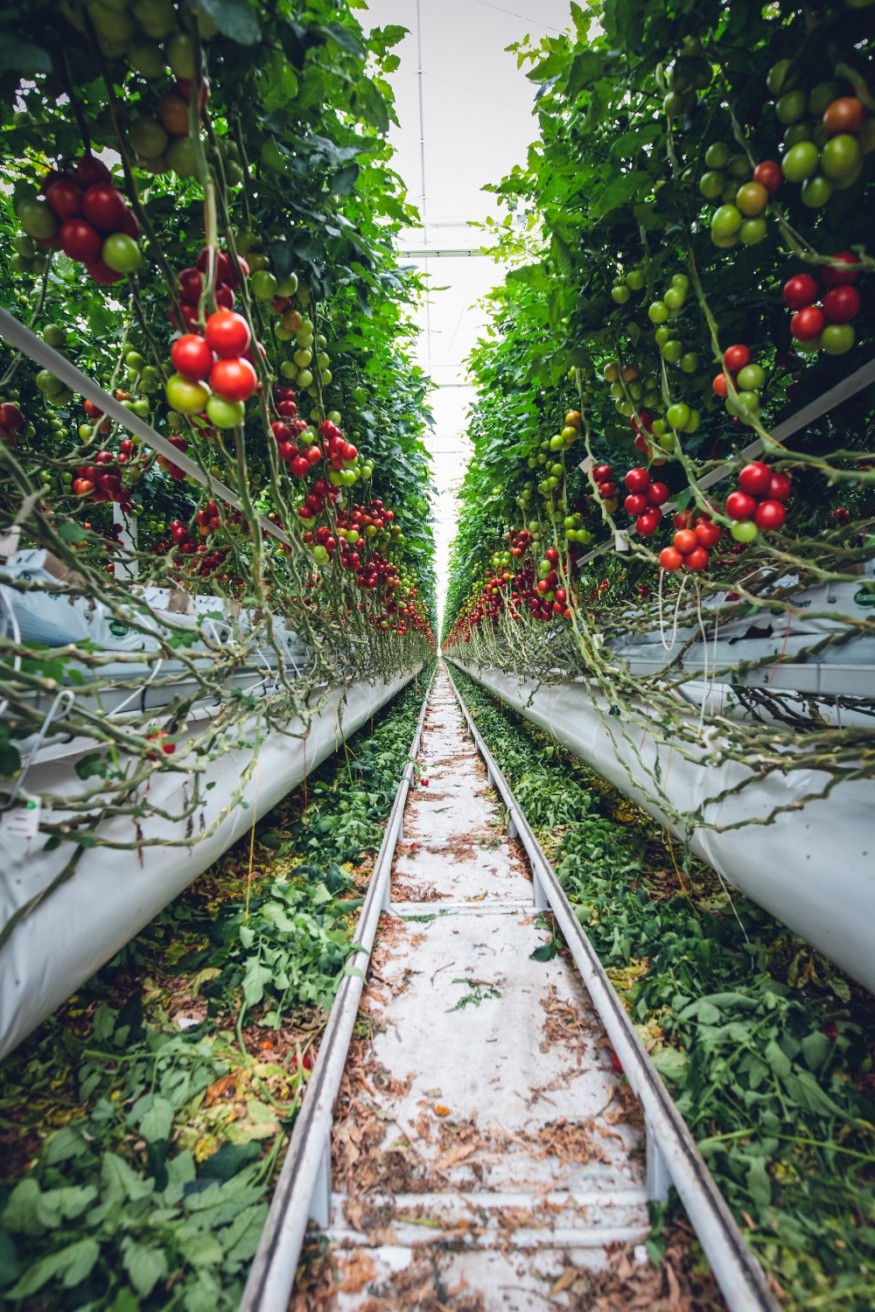Plants may someday benefit from reprogrammable "Genetic Circuits" to adapt to climate change. Stanford University geneticists have developed a method for precisely regulating the shape of plant roots as they expand and branch.

Engineering Crops
Researchers believe they can one day engineer crops to become more adaptable to climate change by modifying the depth and structure of a developing root system.
Science published the study.
Crops may be better able to absorb phosphorus close to the surface if their roots are shallower, for instance. While a deeper root system may be more effective in capturing nitrogen and water.
According to Stanford University bioengineer Jennifer Brophy, "Our synthetic genetic circuits will allow us to design exact root systems or unique leaf structures to evaluate what is ideal for the hard climatic circumstances that we know are coming."
"We are improving the precision of plant engineering."
Precise Method

Brophy and her colleagues' highly precise genetic methods may reprogram plants more quickly than they could respond naturally and more accurately than they could be grown for desired qualities.
Researchers built a synthetic genetic circuit that regulates gene expression using cells from a tobacco plant and demonstrated how it functions in a different plant.
The genetic circuit can be compared to a computer program with logic gates. The gate can only open and create an output with the proper input values.
These biological circuits are comparable to switch-equipped electrical circuits, such as those that power your phone.
These synthetic transcriptional "promoters," unique to various plant tissues, are the only ones capable of opening the gates in a cell that eventually lead to genetic expression. By influencing which cells in a plant express which genes, researchers may be able to alter how the plant grows.
Controlling the Plant
Researchers could control the growth of a little weedy plant called Arabidopsis thaliana by building a set of synthetic logic gates for a single gene linked to lateral root development.
Researchers adjusted the density of branches in the plant's root system without impacting other root characteristics by altering the expression of that one gene.
This is a significant accomplishment since a recent study showed how minor variations in only one root development gene might considerably impact various root characteristics, including primary root growth or root hair production.
The researchers explain that the slr-1 mutant gene was produced via a tissue-specific promoter active in lateral root stem cells to distinguish root branching from other developmental processes.
The authors will then put their modified genetic circuits to the test on the unusual crop sorghum, which has the potential to become a biofuel. The group wants to increase sorghum's capacity for water absorption and boost photosynthesis.
Potential of the Study
The potential uses of this genetic method are endless if it proves successful. However, crop reprogramming via artificial genetic circuits will need to be done with great caution.
According to plant scientist José Dinneny, Stanford, "we have contemporary types of crops that have lost their capacity to adapt to where soil nutrients are."
The same logic gates that govern root branching might be employed to build a circuit that considers both the nitrogen and phosphorus concentrations in the soil and then produces an ideal output for those conditions.
Related Article : French Farmer Uses Sustainable Crop to Defy Drought
For more news update about alternative lifestyle and the environment, don't forget to follow Nature World News
© 2025 NatureWorldNews.com All rights reserved. Do not reproduce without permission.





